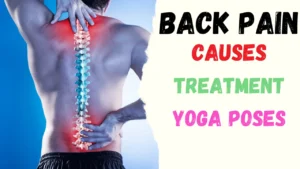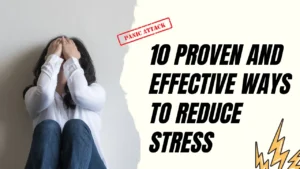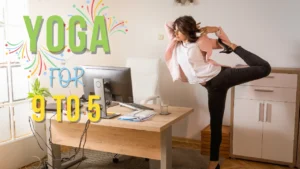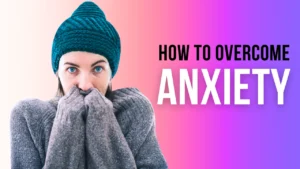Before we Begin, What is Anxiety?
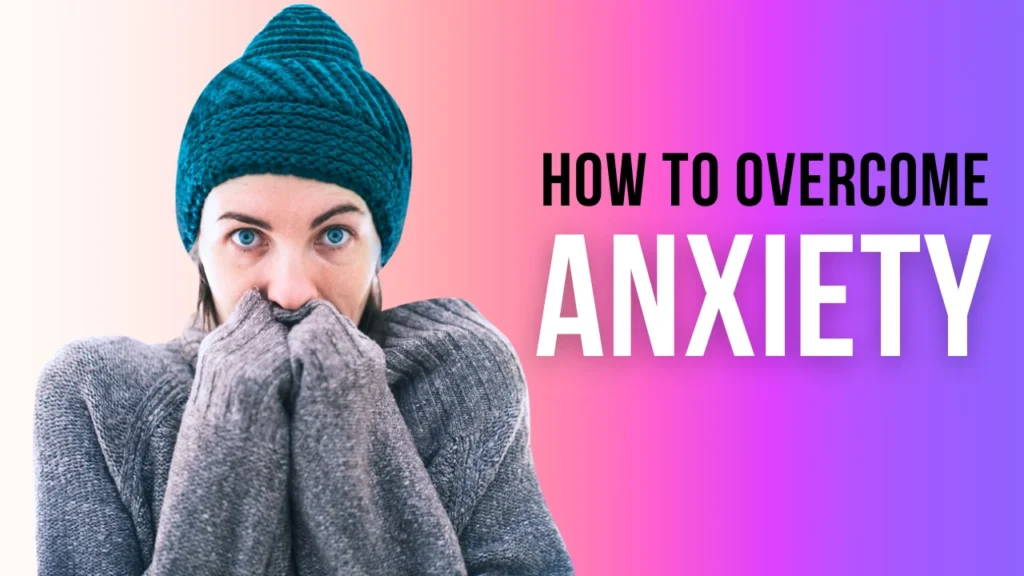
Anxiety is a normal feeling we all experience, like worry or nervousness. It’s our body’s way of reacting to stress or threats, helping us stay safe. But when anxiety becomes too much and doesn’t go away, it can turn into a condition called an anxiety disorder.
Table of Contents
Different Types of Anxiety Disorders
Anxiety disorders are common, affecting about 40 million adults in the United States every year. There are various types of anxiety disorders, each with its own set of worries and physical symptoms.

- Generalized Anxiety Disorder (GAD): This involves chronic and excessive worry about different parts of life, like health, money, work, or relationships. It can make you feel restless, tired, and have trouble sleeping.
- Panic Disorder: This causes sudden and intense episodes of fear and panic, with physical symptoms like a fast heartbeat, shortness of breath, and dizziness.
- Social Anxiety Disorder (SAD): People with SAD fear social situations and may avoid them or feel very anxious in social settings.
- Obsessive-Compulsive Disorder (OCD): This involves unwanted thoughts and repetitive behaviors, like excessive hand-washing or checking things over and over.
- Specific Phobias: These are intense fears of specific things, like spiders, heights, or airplanes, leading to extreme anxiety and avoidance.
- Post-Traumatic Stress Disorder (PTSD): This severe anxiety disorder can develop after a traumatic event, causing symptoms like flashbacks, nightmares, and social isolation.
Recognizing Anxiety Symptoms
Anxiety shows up in physical, emotional, and behavioral ways. Here are some signs to look out for:

Physical Symptoms:
- Rapid heartbeat
- Shortness of breath
- Sweating
- Trembling
- Muscle tension
- Fatigue
- Sleep problems
- Stomach upset
- Dizziness
Emotional Symptoms:
- Excessive worry
- Fear
- Panic
- Irritability
- Restlessness
- Difficulty concentrating
- Feeling overwhelmed
- Feeling disconnected from oneself or others
Behavioral Symptoms:
- Avoiding feared situations or objects
- Repetitive behaviors or mental rituals
- Self-isolation
- Substance abuse
- Difficulty completing tasks
Getting Help for Anxiety
The good news is that anxiety disorders can be treated. Here are some ways to seek help:
Anxiety Treatment : 3 Proven Ways to Get Out of Anxiety

- Mindfulness and Relaxation Techniques:
- Deep Breathing: Practice deep, slow breaths. Inhale deeply through your nose, hold it for a few seconds, and exhale slowly through your mouth. This helps activate your body’s relaxation response.
- Mindful Meditation: Spend a few minutes each day in mindfulness meditation. Focus on your breath and bring your attention back when your mind starts to wander. Mindfulness can help you stay present and reduce anxious thoughts.
- Cognitive-Behavioral Therapy (CBT):
- Identify and Challenge Negative Thoughts: In CBT, individuals learn to identify and challenge negative thought patterns that contribute to anxiety. By questioning the validity of these thoughts, you can change your perspective and reduce anxiety.
- Gradual Exposure: If certain situations trigger anxiety, gradual exposure can be helpful. This involves facing feared situations in a controlled, systematic way, allowing you to build confidence and tolerance over time.
- Regular Exercise:
- Physical Activity: Engaging in regular exercise has been shown to have positive effects on mental health. Exercise releases endorphins, which are natural mood lifters. Aim for at least 30 minutes of moderate-intensity exercise most days of the week.
- Outdoor Activities: Spending time in nature and getting fresh air can also have a calming effect on the mind. Consider incorporating outdoor activities like walking or hiking into your routine.
It’s important to note that the effectiveness of these strategies can vary from person to person. It’s advisable to consult with a mental health professional for personalized guidance and support. Additionally, these approaches may complement other treatments, such as medication, if recommended by a healthcare provider.
Remember, if you’re dealing with anxiety, you’re not alone, and there are ways to feel better.”
Read More Articles on Health From our Health Section : Lets Go
- 10 Best Ways Avoid Back pain. Causes, Treatment , And Poses For Back pain Relief
- How Over Exercising can lead to Heart Attack! 6 Ways to Avoid Heart Attack during Exercise.
- 10 Proven and Effective Ways To Reduce Stress
- 20 ways, How Yoga can Improve your Heart Function; Exercises and Poses for 9 to 5 People
- 3 Proven Ways to Get Out of Anxiety: A Simple Guide for Better Life

